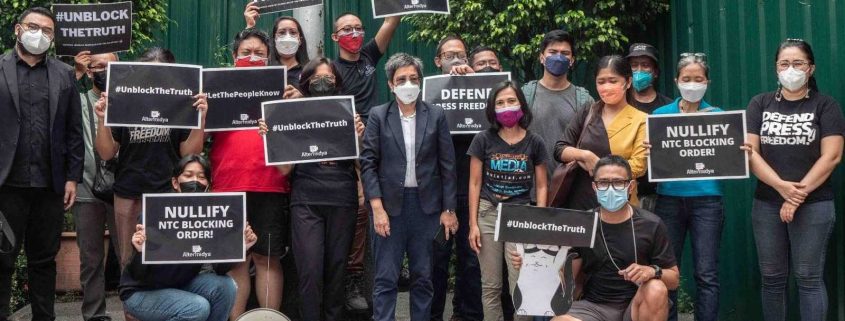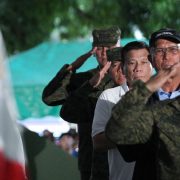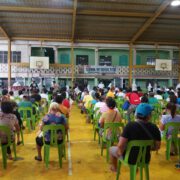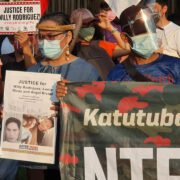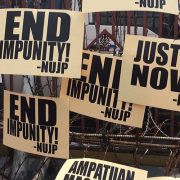Court denies TRO petition versus NTC memo banning Bulatlat
Editor hopeful ‘damaging order’ will be eventually nullified
A Quezon City Court denied the petition of an alternative news outfit for a temporary restraining order (TRO) on the National Telecommunications Commission (NTC) memorandum to internet service providers to ban its website, along with dozen others.
In an order issued on June 13, Quezon City Regional Trial Court Branch 306 said that Bulatlat.com’s website was accessed during the hearing on the same day, prompting defense counsel Ferdinand Topacio to say there is no ground for issuing a temporary restraining order.
Presiding Judge Dolly Rose Bolante-Prado said that the requisites for the issuance of a TRO are not present in the case, noting that Bulatlat is still able to publish news and commentaries.
“Consequently, there is no irreparable damage, as defined by law, to speak of. The plaintiff’s counsel’s claim that the number of Bulatlat.com’s visitors was reduced, is of no moment,” Bolante-Prado’s two-page order reads.
“The inconvenience, if any, that was caused by the questioned Memorandum to the plaintiff is irrelevant. What is clear is that Bulatlat.com, as revealed today, can still publish online and is accessible to its audience,” it added.
Bulatlat managing editor Ronalyn Olea said they remain hopeful that the NTC memorandum would eventually be nullified by the Court.
“We are saddened by the denial of our prayer for TRO versus NTC memo but still hopeful that the Court will eventually rule in favor of press freedom and the people’s right to information,” Olea said.
READ: JOURNALISM IS NOT TERRORISM
The Court has given both petitioner and the defense until July 18 to submit their memoranda on the petition for nullification of the NTC order.
“The NTC memo has caused irreparable damage to our Constitutional rights since our website remains inaccessible to significant segments of our audiences. The fact remains that Bulatlat has been labelled as affiliated or supportive of alleged terrorist groups without any evidence. The NTC memorandum constitutes content-based censorship,” Olea added. # (Raymund B. Villanueva)

